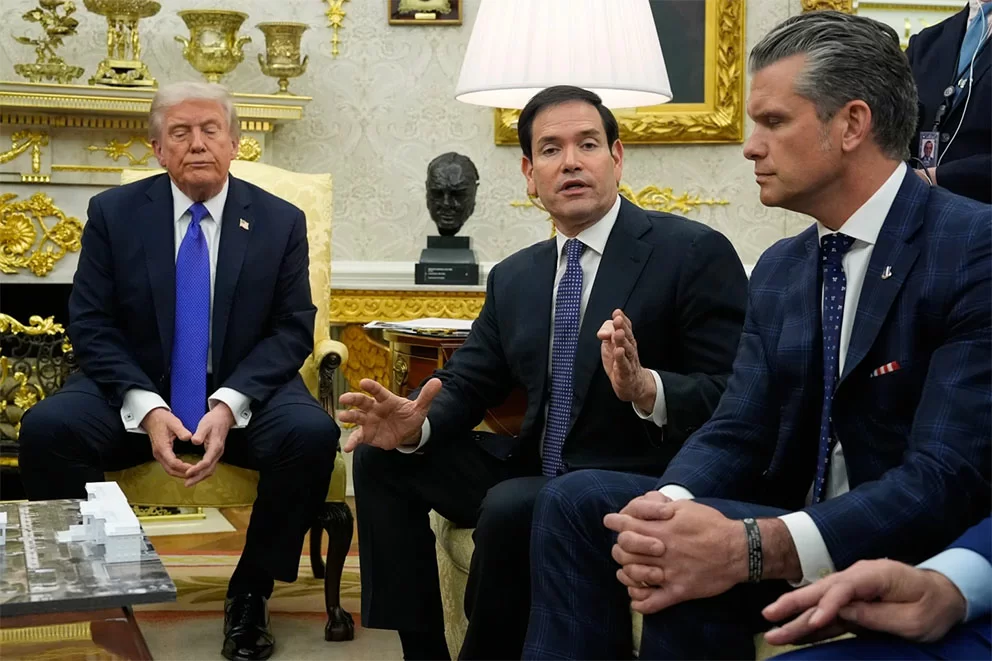The United States military has escalated its anti-drug operations by conducting its eighth strike on a suspected drug transport vessel, this time in the eastern Pacific Ocean. The attack, which occurred on Tuesday evening, resulted in the deaths of two individuals, according to Defense Secretary Pete Hegseth on Wednesday. This marks a significant expansion of the Trump administration’s campaign against drug trafficking in South America.
Previously, the seven earlier strikes were concentrated in the Caribbean. However, the latest operation signifies a strategic shift toward the waters off South America, a critical route for cocaine smuggling from major producers like Colombia and Peru. Ecuador, with its extensive ports and trade flows, serves as a key transit hub.
Hegseth drew parallels between the fight against drug cartels and the U.S. war on terrorism post-9/11, stating, ‘Just as Al Qaeda waged war on our homeland, these cartels are waging war on our borders and our people.’ He emphasized that no mercy would be shown, declaring, ‘There will be no refuge or forgiveness—only justice.’
President Donald Trump has justified these military actions by framing the U.S. as being in an ‘armed conflict’ with drug cartels, labeling these criminal groups as unlawful combatants. He relies on the same legal framework used in the war on terror under President George W. Bush. Trump hinted at future land-based strikes, vowing, ‘We will hit them very hard when they come over land,’ and indicated he might inform Congress of further steps.
The military campaign has sparked political and legal debates. Lawmakers from both Republican and Democratic parties have raised concerns over the lack of congressional authorization and the limited transparency surrounding the execution of these strikes. Democrats have pointed to potential violations of both U.S. and international law.
Senator Rand Paul (Republican) criticized the executive branch, warning that Congress must not allow the president to become ‘judge, jury, and executioner’ in this matter. Meanwhile, the Republican-dominated Senate recently rejected a Democratic proposal that would have required the president to seek congressional approval for further military actions.
In the House of Representatives, Adam Smith, the top Democrat on the Armed Services Committee, called for a hearing on the strikes, criticizing the White House and the Department of Defense for their lack of transparency regarding the use of lethal military force.
Additionally, the U.S. military has significantly increased its presence in the Caribbean Sea and off the coast of Venezuela since the summer, fueling speculation that the Trump administration may be pressuring Venezuelan President Nicolás Maduro, who is accused of involvement in narco-terrorism.
The recent strike was captured in a video showing a small boat, allegedly loaded with cocaine packages, exploding and burning on the water. Since the campaign began last month, at least 34 deaths have been reported. The administration has so far avoided prosecuting the occupants of the targeted vessels, with two survivors repatriated to Ecuador and Colombia. Ecuadorian authorities later released one due to insufficient evidence of criminal activity.
While fentanyl, a potent synthetic drug responsible for many overdose deaths in the U.S., is primarily smuggled via land routes from Mexico, the current campaign focuses on cocaine transported by sea.
